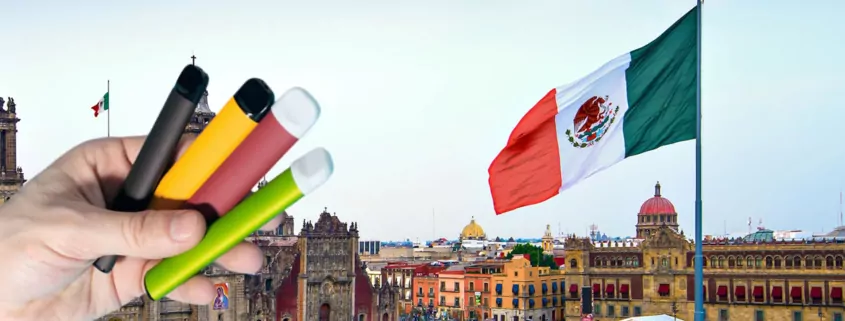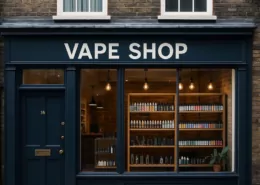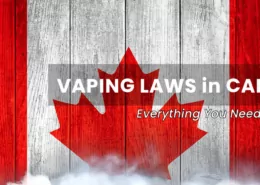Mexico’s Vape Ban: Congress and States Must Harmonize Laws by 2025
Mexico has recently amended its Constitution to include a ban on vaping devices and electronic cigarettes, igniting a heated debate between supporters and opponents. Both sides are urging the federal Congress and state legislatures to enact regulatory laws to align existing legal frameworks with the new constitutional provision.
The decree, published on January 17 in the Official Gazette of the Federation, adds a paragraph to Article 4 of the Constitution. This amendment prohibits activities related to e-cigarettes, vapes, and similar devices, as well as the production and distribution of unauthorized toxic substances and synthetic drugs.
Deadlines for Legal Harmonization
The decree’s transitional articles specify that the federal Congress has until July 17, 2025, to adapt federal laws to this new constitutional mandate. Additionally, state legislatures must make the necessary regulatory adjustments by January 19, 2026.
These deadlines aim to ensure that all laws related to health and addictive substance control align with the constitutional ban. However, the absence of effective regulatory legislation so far has created uncertainty among affected industries and stakeholders.
Impact on the Vaping Industry
Juan Felipe Covarrubias, a representative of the vaping industry, emphasizes the urgent need for regulatory laws. While the ban is now enshrined in the Constitution, it lacks enforceable penalties, leaving a legal gray area.
Covarrubias warns that equating vaping with fentanyl in the same constitutional provision could lead to disproportionate penalties. “This approach risks treating vape users with the same severity as fentanyl traffickers, which would harm both the industry and consumers,” he explains.
- Source: Prohibición de Vapeadores en México: Congreso y Estados Deben Regularizar Leyes antes de 2025
Public Health Perspectives
Erick Antonio Ochoa, director of Salud Justa, highlights the importance of proper implementation of the ban. According to Ochoa, the legislation could be enacted through the General Health Law or the General Tobacco Control Law, provided that responsibilities are clearly distributed and corresponding penalties are specified.
Salud Justa stresses the need for secondary legislation to promote public health, including educational programs about the risks of vaping. “Effective regulation is crucial to ensure the ban is implemented properly and cannot be circumvented by those seeking to evade the law,” Ochoa adds.
- Spain Warns Tourists of €2,000 Fines for Vaping on Beaches - August 12, 2025
- The Ultimate Guide to Glass Bongs: Elevate Your Smoking Experience - August 12, 2025
- Tourists Face Fines for Nicotine Pouches in France & More - August 12, 2025







